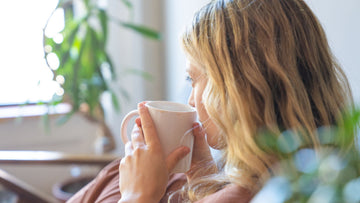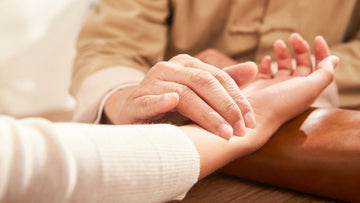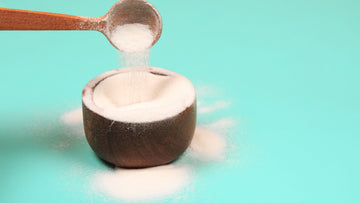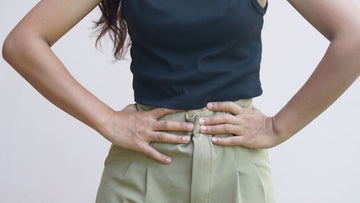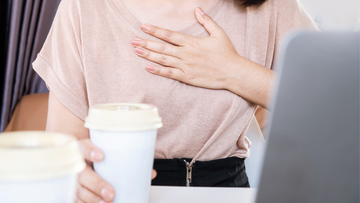
We all know the feeling: that jittery energy boost from a cup of coffee. But for those struggling with anxiety, that familiar buzz might be doing more harm than good. Let's dive into the relationship between caffeine and anxiety.
Caffeine: A Stimulant with Side Effects
Caffeine is a stimulant that blocks adenosine, a neurotransmitter that promotes sleep. By inhibiting adenosine, caffeine increases alertness and energy levels. However, this same mechanism can also trigger anxiety symptoms.
-
How caffeine affects anxiety:
- Increased heart rate and blood pressure: Caffeine can elevate your heart rate and blood pressure, mimicking the physical symptoms of anxiety.
- Adrenaline surge: Caffeine stimulates the release of adrenaline, the "fight or flight" hormone, which can intensify feelings of anxiety and panic.
- Sleep disruption: Caffeine can interfere with sleep, a crucial factor in managing anxiety. Lack of sleep can exacerbate anxiety symptoms.
- Exacerbating existing conditions: For individuals with anxiety disorders, caffeine can worsen symptoms and increase the frequency of anxiety attacks.
Stimulants Beyond Caffeine
While caffeine is the most common culprit, other stimulants can also contribute to anxiety:
- Energy drinks: Packed with caffeine, sugar, and other stimulants, energy drinks can be particularly harmful for those with anxiety.
- Nicotine: Found in cigarettes and vaping products, nicotine is a stimulant that can increase anxiety levels.
- Certain medications: Some medications contain stimulants as a side effect, which can worsen anxiety symptoms.
Identifying Your Triggers
If you suspect caffeine or other stimulants might be contributing to your anxiety, try the following:
- Keep a journal: Track your caffeine and stimulant intake along with your anxiety levels.
- Experiment with reduction: Gradually decrease your caffeine consumption and observe any changes in your anxiety symptoms.
- Consider alternatives: Explore caffeine-free alternatives like herbal teas or decaffeinated coffee.
Seeking Professional Help
If you're struggling with anxiety, it's essential to seek professional help. A mental health professional can provide guidance, develop effective coping strategies, and recommend appropriate treatment options.
Conclusion
While caffeine and other stimulants can offer a temporary energy boost, their impact on anxiety can be significant. By understanding the connection between these substances and anxiety, you can take steps to manage your symptoms and improve your overall well-being.


